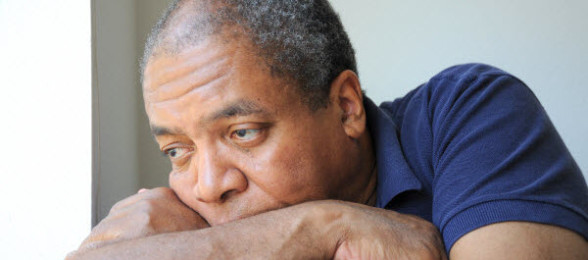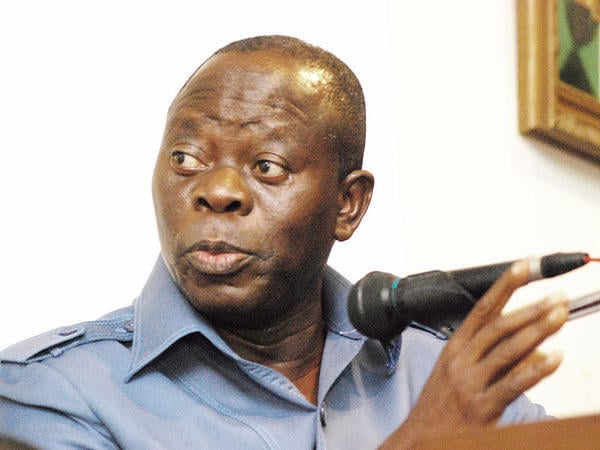One in every five Nigerians is depressed, according to a recent study by the Mind, Behavior, and Development Unit (eMBeD) of the World Bank.
This figure accounts for an average of 22% of the Nigerian population. The report says “while these results are not surprising, they are telling”.
-
WHAT IS DEPRESSION?
According to the World Health Organisation (WHO), depression is a “common mental disorder, characterised by persistent sadness and a loss of interest in activities that you normally enjoy, accompanied by an inability to carry out daily activities, for at least two weeks”.
Its symptoms include a loss of energy; a change in appetite; sleeping more or less; anxiety; reduced concentration; indecisiveness; restlessness; feelings of worthlessness, guilt, or hopelessness; and thoughts of self-harm or suicide.
Advertisement
The study looked at the link between depression and factors like economic outcomes, such as labour market and human capital investments, especially in heavy-conflict areas or for individuals or communities who have experienced shocks or deaths.
The results show a strong correlation between chronic depression and labour market outcomes.
“One in five Nigerians are chronically depressed. Having representative statistics of mental health at the national level is rare, so while these results are not surprising, they are telling,” the report read.
Advertisement
“Specifically, a household head who is chronically depressed has an eight percentage points lower probability of participating in the labour market.
“While the overall effects are similar by gender, chronic depression drives lower labour market participation in agricultural activities for men and in non-farm self-employment for women.”
The study also said chronic depression, “as expected” is strongly associated with adverse events, especially conflict.
It, however, said the effects vary.
Advertisement
It added that the disorder has both short and long-term effects on Nigeria, calling on lawmakers to take cognizance of chronic depression while making mental health policies.
“For example, less than 30% of household heads who are affected by a family death or a community shock (such as droughts) are chronically depressed,” it said.
“This contrasts with more than 50% for household heads affected by conflicts; this rate of depression is more than twice the national average.
“Taken together, these findings suggest that chronic depression is likely to have both short- and long-term effects on welfare in Nigeria. It also seems to be affecting intra and inter-generational channels of upward mobility. With almost two out of every five Nigerians affected by shocks, deaths, and/or conflicts (key drivers of chronic depression), further understanding these costs and linkages is essential.
Advertisement
“Thus, policymakers should take the potential amplified costs of adverse events into account when making these decisions. Last, it is of utmost importance to integrate solutions in mental health policies to provide psychological support to affected populations.
“By directly treating and minimizing the effects of depression experienced by victims of conflicts, deaths and shocks, we may help mitigate these incidents’ overall economic “impact in society.
Advertisement
Add a comment







